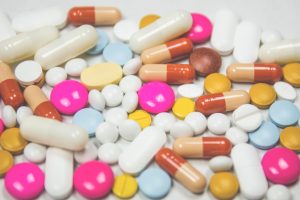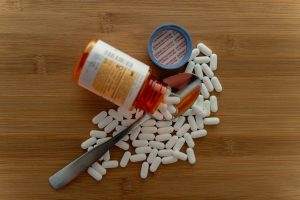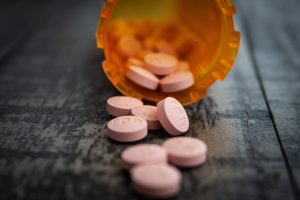An Infantile Misrepresentation

If you purchased Infants’ Tylenol any time from October 2014 to January 6, 2020, you may be entitled to a few bucks. Johnson and Johnson received negative backlash following the infamous talcum powder dispute and the company remains under scrutiny due to misrepresented pill bottles. According to this most recent lawsuit, Johnson and Johnson allegedly advertises on its packaging that their Infants’ Tylenol is specially manufactured to supply a safe dosage for infants. On the contrary, the concentration of acetaminophen is 160 mg, the same level found in Johnson and Johnson’s Children’s Tylenol.




